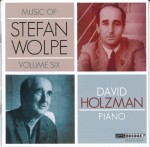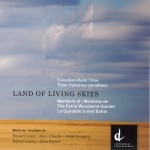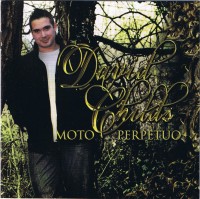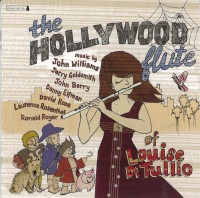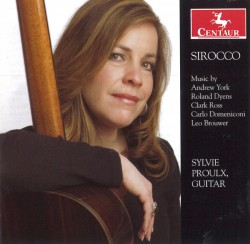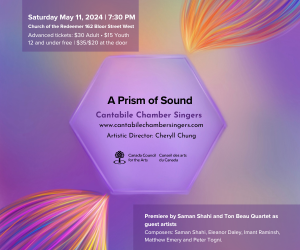Chamber Music for Harp - Valérie Milot; Antoine Bareil; François Vallières; Raphael Dube; Jocelyne Roy
Chamber Music for Harp
Valérie Milot; Antoine Bareil; François Vallières; Raphael Dube; Jocelyne Roy
Analekta AN 2 9985
Gifted young artist Valérie Milot here performs significant twentieth-century works with vigour and elegance. Trained in Quebec and at Juilliard, Milot opens with Germaine Tailleferre’s Sonata for solo harp (1953), capturing telling moments in this occasionally bittersweet piece. She gives a straight-ahead reading of the march-like opening movement, changing moods for the sultry habanera. Milot’s accomplished technique fully realizes accumulating dance-like energies in the finale.
Ravel’s piano Sonatine appears in Carlos Salzedo’s transcription, as reworked by violist François Vallières who joins Milot and flautist Jocelyne Roy. It doesn’t take orchestral colour to transcribe Ravel effectively! His impeccable voice-leading and harmonic “nudges” bring solo lines alive, as the performers demonstrate.
Chez R. Murray Schafer the outdoors beckons. Apparently Wild Bird (1997) received its title from violinist dedicatee Jacques Israelievitch’s “rather orange hair.” Whatever ― skittering, trilling, “nyah-nyah’s” among other birdcalls characterize the leading violin, the harp playing a supporting role. While birdsong and scale constructions evoke Messiaen, the flair, drama, and humour that violinist Antoine Bareil and Milot bring out are pure Schafer.
Philippe Hersant’s chant-based Choral features cellist Raphäel Dubé with Milot. Evocative harp sonorities undergird passionate cello outcries, resolving in a mystical close. Then all performers join in Jean Françaix’s engaging Quintet No. 2 for Flute, String Trio, and Harp for a fine upbeat ending.


